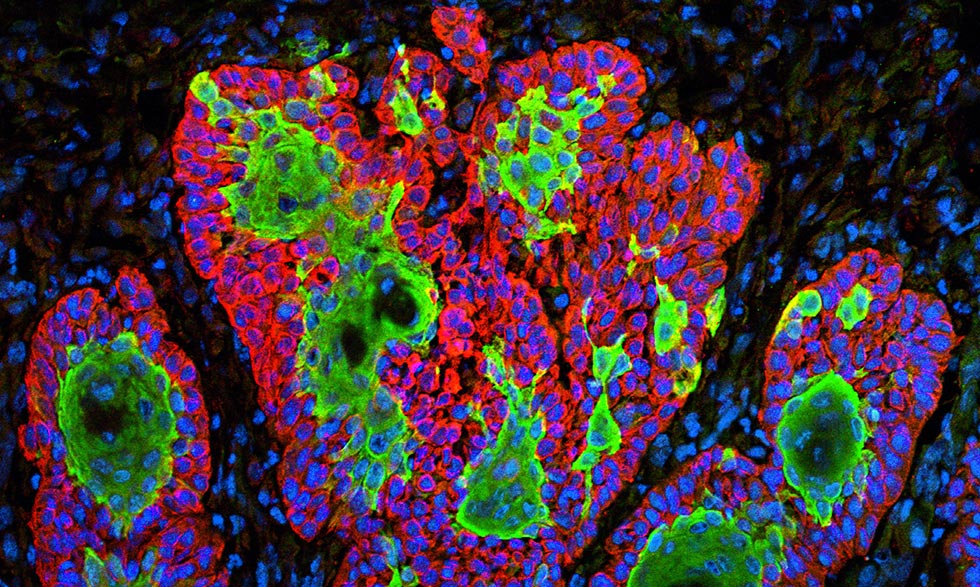More than 1 million people in the U.S. live with melanoma, a type of skin cancer. While there is no cure for melanoma, there are ways to treat it if caught early enough—and many ways to prevent it.
NIH MedlinePlus magazine spoke with Larissa Korde, M.D., of the National Cancer Institute (NCI). She oversees clinical trials on melanoma research through NCI's Cancer Therapy Evaluation Program, part of the division of cancer treatment and diagnosis.
Why is melanoma so important right now?
Over the past few years, we've made significant progress in researching and treating melanoma—but there is still a long way to go.
Until recently, when effective drugs were discovered that target the human body's immune system, we didn't have many effective treatment options for melanoma.
We now have immune checkpoint inhibitors [drugs that help increase the body's immune response to cancer] which have changed our approach to treatment.
What's something most people don't know about melanoma?
There are many different types of melanoma and we are still trying to understand how to best treat each of them.
Most melanomas occur in the skin, and are caused by exposure to UV radiation from the sun. Melanoma can also rarely occur in the eye (uveal melanoma) or in the linings of the nose, sinuses, or other body parts (mucosal melanoma). One type of mole, known as a dysplastic nevus, can develop into melanoma.
Through NIH-sponsored research, we are able to explore how different types of melanoma respond to treatments. The NCI's National Clinical Trials Network coordinates and supports large clinical trials across the country that enroll hundreds of patients.
This gives us a wonderful opportunity to look at both common and rare skin cancers and find the most effective treatments.
How does someone get melanoma?
It is mostly caused from exposure to the sun and ultraviolet rays. Sunscreen and limiting your time in the sun can help prevent it.
Melanoma is genetically related, too. We have identified some genes, but that is more so if people develop melanoma at a young age or have multiple cancers in their families.
What research is being done to prevent or cure melanoma?
We have had major improvements in treatment if we target the cancer accurately.
We have known for a long time that melanoma is a cancer where the immune system is involved—so immunotherapy treatments [drugs that stimulate your immune system] tend to work.
Now we have a range of immunotherapy drugs [which use our own immune system to treat disease] so we can fight the cancer better. In the last five years, we have found that these drugs are very effective.
What improvements do you see in the future?
Like many cancers, melanoma is more difficult to cure when it has spread to advanced stages. We're getting more information on using drugs to treat early stage disease in order to prevent it from progressing to an incurable stage. We're also finding out how we can get the best combination of these drugs so that they are not too toxic in your body.
Every year we build on what we already know. It's baby steps—but over the past decade, we've moved much closer to having more effective therapies, and figuring out which is best for which patient.







